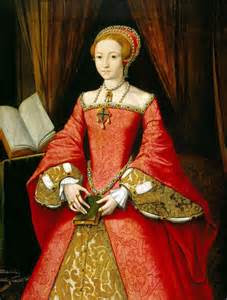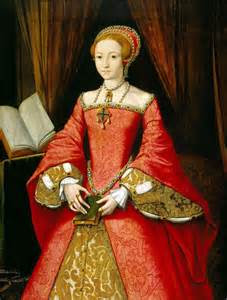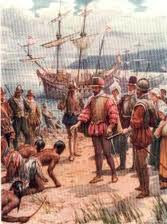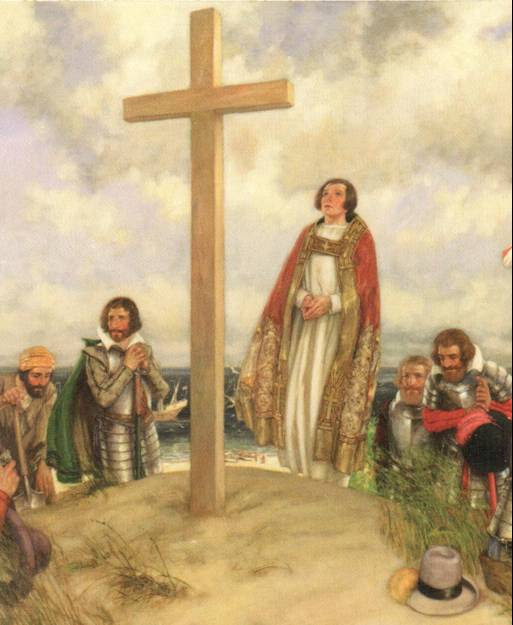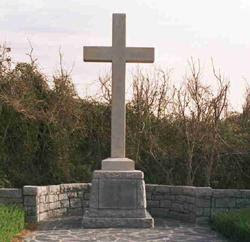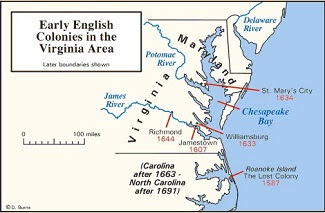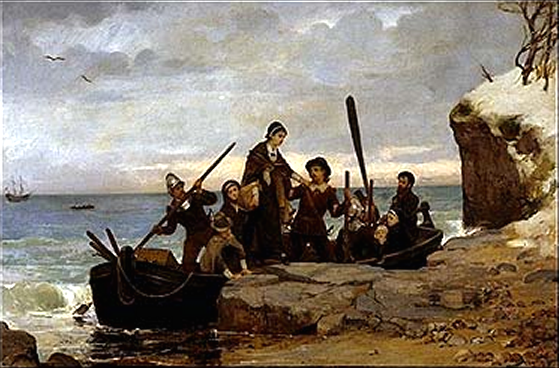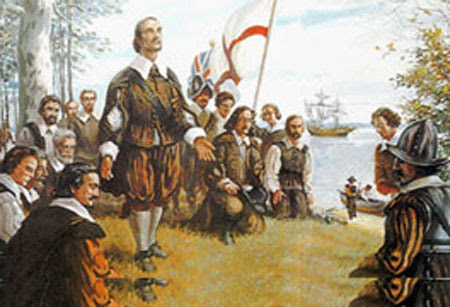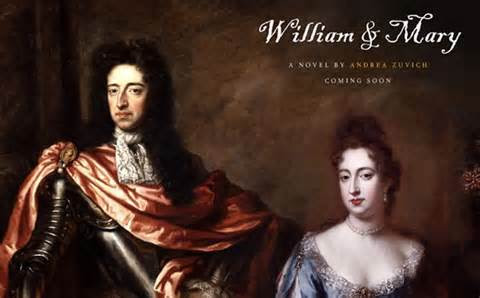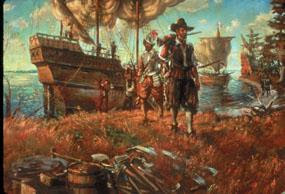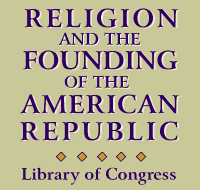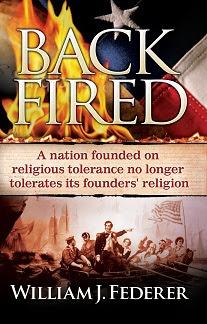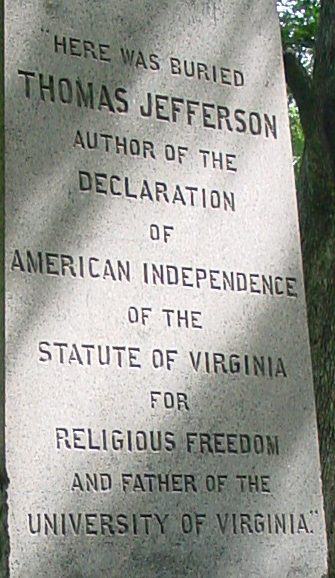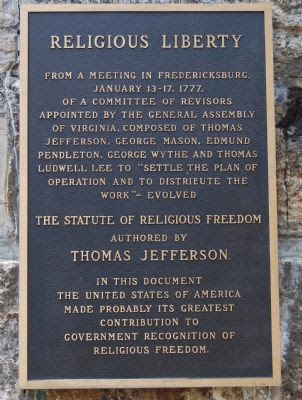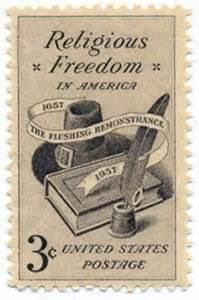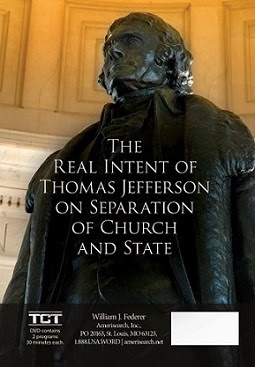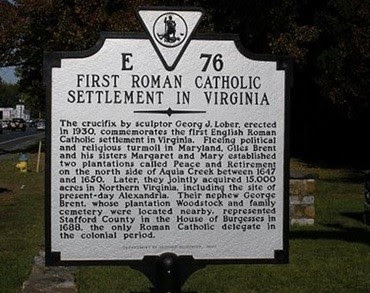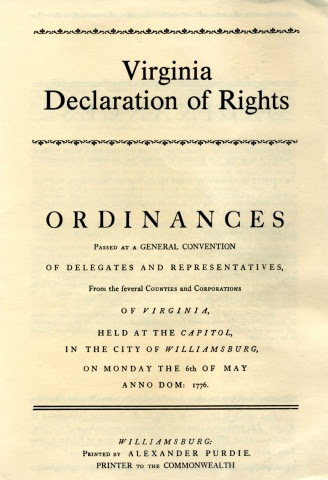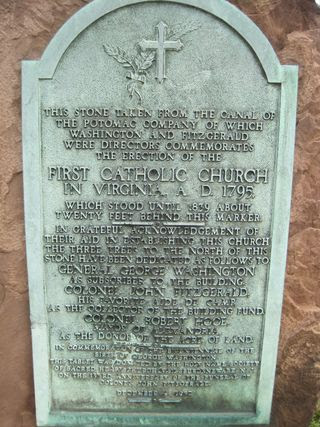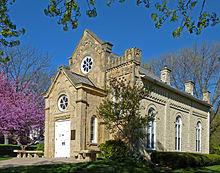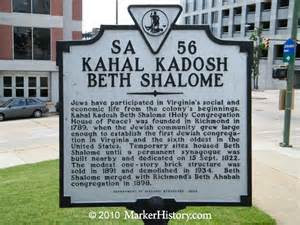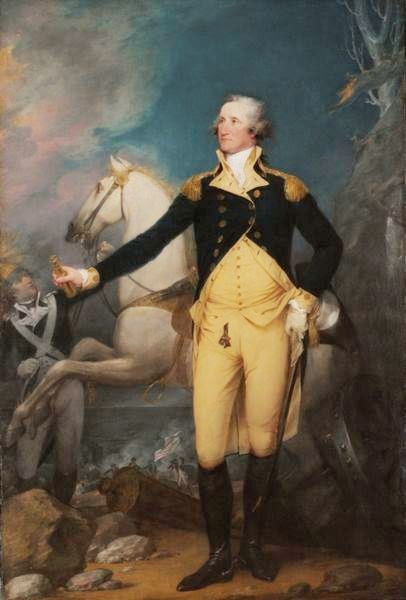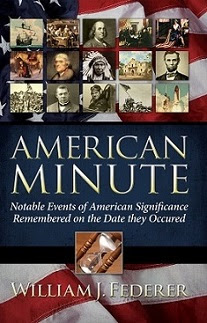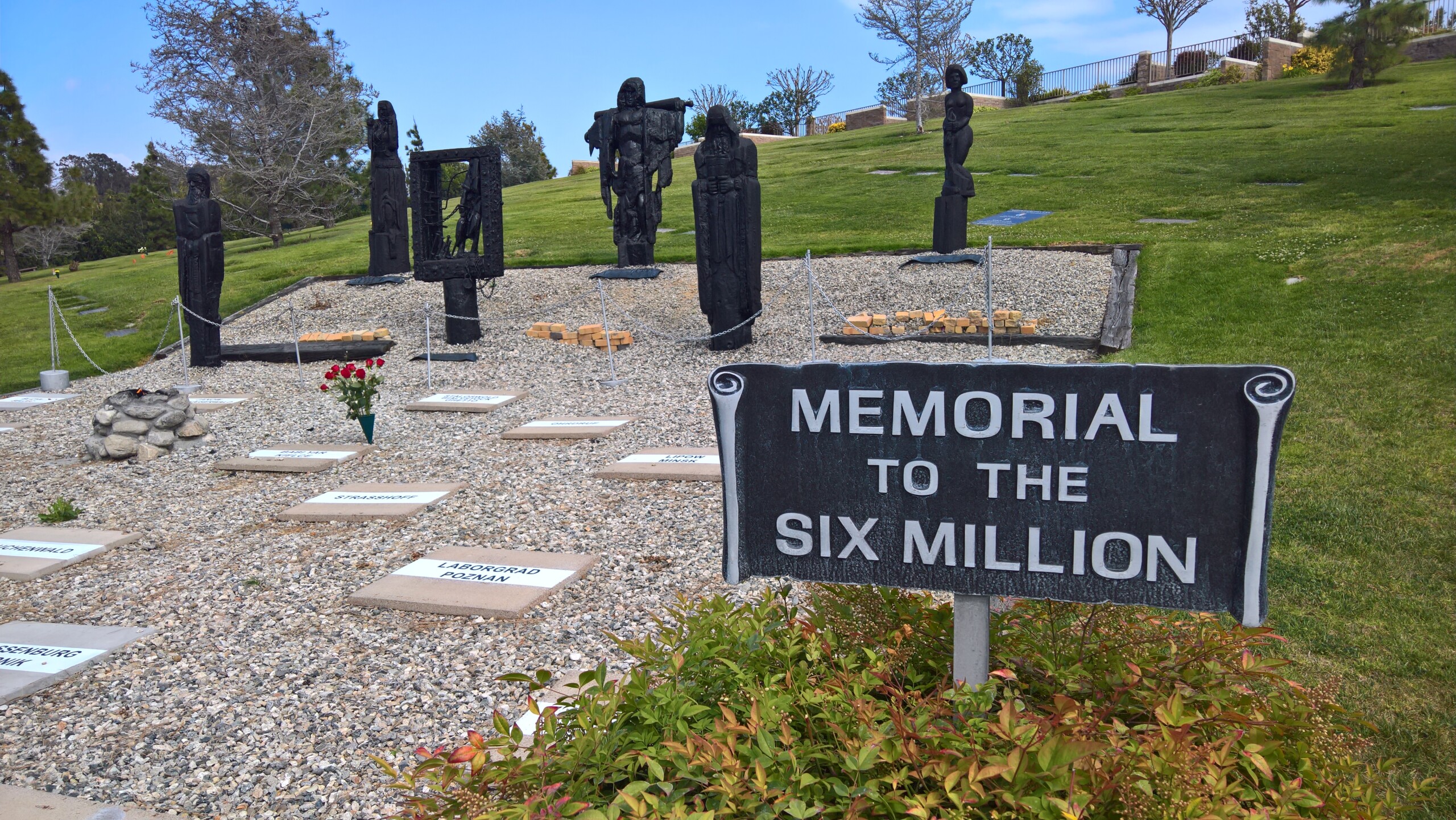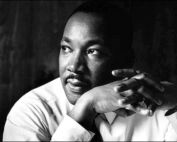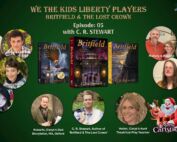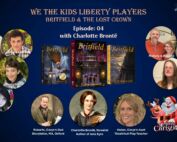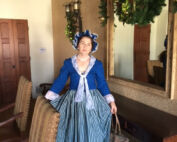Recent Posts
WTK Reporter Libby interviewed Professor Jonathan W White, PhD
Jonathan W. White is professor of American Studies at Christopher Newport University. He is author or editor of 19 books and more than 100 articles, essays and reviews about Abraham Lincoln, the Civil War, slavery […]
“We cannot walk alone” Rev. M.L. King, Jr., Baptist Pastor – American Minute with Bill Federer
American Minute with Bill Federer
Episode 05: WTK Liberty Players and ‘The Britfield & The Lost Crown’ Radio Show | C. R. Stewart
Experience the captivating ‘Britfield and the Lost Crown’ radio show, presented by We The Kids Liberty Players. Explore themes of family, courage, and history in an engaging storytelling adventure featuring guest appearances by historical figures […]
Episode 04: WTK Liberty Players and ‘The Britfield & The Lost Crown’ Radio Show | Charlotte Bronte
Experience the captivating ‘Britfield and the Lost Crown’ radio show, presented by We The Kids Liberty Players. Explore themes of family, courage, and history in an engaging storytelling adventure featuring guest appearances by historical figures […]
WeTheKids S2E3-Signers of the Declaration of Independence & Interview with Abigail Adams
We are excited to highlight a truly captivating episode from WFYL 1180 AM’s airwaves. The radio show “Signers of the Declaration of Independence of USA & Interview with Abigail Adams” offers listeners a unique blend […]
Jimmy Carter’s Legacy: A Testament to Faith and Leadership
In Remembrance of President JIMMY CARTER: As Americans, we stand together in remembering the extraordinary life and legacy of our 39th President Jimmy Carter. He is known as a man of profound faith, […]

